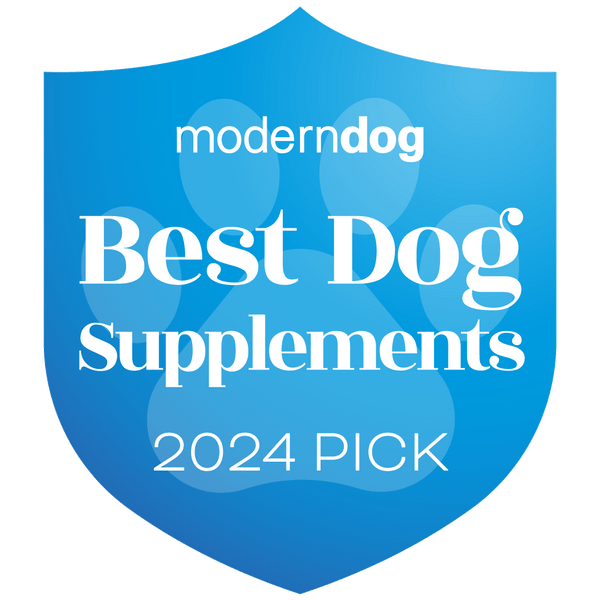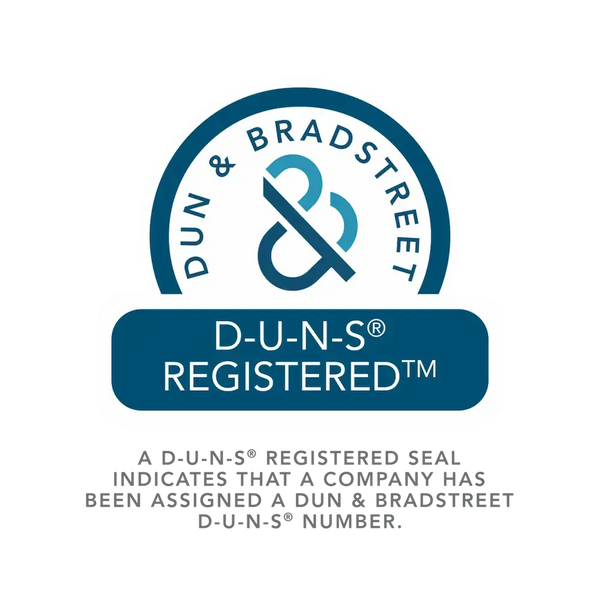Benefits Of Dog Bacteria From Dogs Vs Human Bacteria
Dogs are a beloved and important part of many people's lives, providing companionship, love, and support.
However, dogs can also play a significant role in our health, particularly when it comes to the bacteria they carry.
In recent years, researchers have begun to explore the benefits of dog bacteria, comparing them to the bacterial types that are commonly found in humans.
The goal of this research is to gain a better understanding of the ways in which dog bacteria can influence our health and to determine which bacterial types are the most beneficial.
Below, we will discover the benefits and drawbacks of dog bacteria.
Dog Bacteria vs Human Bacteria:
Firstly, it's important to understand that the bacteria found in dogs is different from what you'll find in humans.
That said, the make-up of dog bacteria is distinct from that of human bacteria, and there are several key differences to be aware of. While humans tend to have a mix of beneficial and harmful bacteria, dogs tend to have more beneficial bacteria overall.
One way in which the bacterial types differ is in the way they are obtained.
-
Humans tend to pick up bacteria from their environment. It includes from the foods they eat, the people they interact with, and the surfaces they touch.
-
Dogs, on the other hand, tend to get their bacteria primarily from their mother at birth, as well as from the environment they live in.
While both human and dog bacteria can have benefits, there are some key advantages to dog bacteria that are worth noting. For example, dog bacteria has been shown to help boost the immune system.
In contrast, human bacteria is important for synthesizing essential nutrients, preventing harmful bacterial growth, and regulating metabolism.
Benefits of Dog Bacteria:
-
One key advantage of dog bacteria is its ability to boost the immune system. Studies have shown that exposure to dog bacteria can actually help strengthen the immune system.
-
Another benefit of dog bacteria is its ability to aid in digestion. The bacteria found in a dog's gut can help break down food and absorb nutrients, which can be especially helpful for individuals who have digestive issues.
-
Lastly, dog bacteria can help reduce the risk of allergies. Studies have found that children who are exposed to dogs early in life are less likely to develop allergies or asthma later on.
Of course, it's important to note that not all dogs are the same, and some dogs may carry bacteria that could be harmful to humans.
Another thing, the benefits of dog bacteria are numerous and worth considering. By understanding the unique role that our furry friends play in our health, we can better appreciate the value of the human-animal bond.
(So, give your pup an extra treat today, because they're not just making you happy - they're also making you healthier!)
Benefits of Human Bacteria:
Human bacteria are essential for synthesizing important nutrients that our bodies need to function properly. For example, the bacteria found in our gut help to break down complex carbohydrates, producing short-chain fatty acids that are critical for providing energy to our cells.
Additionally, some types of bacteria in our gut are able to produce vitamins such as biotin and vitamin K. They are important for maintaining healthy skin, hair, and nails. Without these beneficial bacteria, our bodies would struggle to function properly.
Human bacteria play a key role in preventing harmful bacteria from growing in our bodies. The bacteria found on our skin and in our gut create a protective barrier that helps to prevent the growth of harmful microorganisms.
When this barrier is compromised, harmful bacteria can take hold, leading to infection and disease. Moreover, certain types of bacteria in our gut are able to produce antimicrobial compounds. It can help to eliminate harmful bacteria and keep us healthy.
It helps to regulate our metabolism, which is important for maintaining a healthy weight and preventing obesity-related health problems.
The bacteria in our gut play a critical role in breaking down and absorbing nutrients from our food, which is important for maintaining a healthy weight.
Additionally, certain types of bacteria are able to produce hormones that help to regulate our appetite, making it easier to manage our food intake.
In summary, the benefits of human bacteria are numerous and essential for maintaining good health. By promoting the growth of beneficial bacteria and taking steps to protect our microbiome.
Also, we can support our immune system, prevent infection, and maintain a healthy weight. So, don't underestimate the power of the bacteria living within us - they play a critical role in keeping us healthy and well!
Diet Plan and Your Dog’s Microbe:
One key factor that can influence a dog's gut microbiota is its diet. A dog's diet can impact the composition and diversity of its gut microbiota, which in turn can affect various aspects of the dog's health.
For example, a diet that is high in fiber and complex carbohydrates can promote the growth of beneficial gut bacteria, leading to improved digestion and better nutrient absorption.
On the other hand, a diet that is high in fat and simple carbohydrates can lead to the growth of harmful bacteria in the gut, which can lead to a range of health problems.
In fact, certain types of dog food, such as those that are highly processed or contain artificial ingredients, can also negatively impact a dog's gut microbiota.
Conclusion:
Your dog's gut microbiota is a critical aspect of their overall health and wellbeing. The gut microbiota can influence various aspects of your dog's health, including their digestion, nutrient absorption, and immune system function.
By providing your dog with a high-quality, balanced diet and taking steps to support their gut microbiota, you can help to ensure that they remain healthy and happy.
Overall, by prioritizing your dog's gut health and taking steps to support their gut microbiota, you can help to ensure that they enjoy a long, happy, and healthy life by your side.












